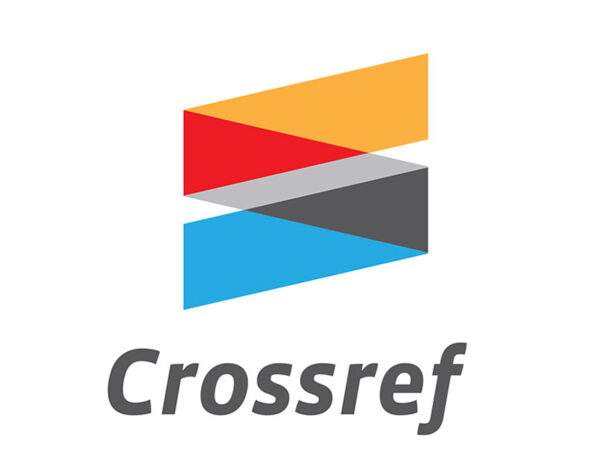Exploring Linguistic Choices as a Representative of Eastern Culture: A Study of Moni Mohsin’s “The Diary of Social Butterfly”
Abstract
Language and culture are entangled (Translations, 2018). A specific language typically points to a particular cluster of individuals. Language and culture share a symbiotic relationship. When people intermingle with people of different languages, it means that people are also intermingling with the values, norms and beliefs of that speaker. People cannot comprehend one's values without retrieving its language directly. When people learn a new language, it not only involves the learning of the structure of that language but also involves the learning about the cultural norms, values, manners and behavior. The main aim behind this research is to explore the linguistic choices as representative of Eastern culture in “The diary of Social Butterfly”. Textual analysis is performed in order to investigate the representation of culture and language in novel. This research has been conducted in the milieu of framework given by Sapir & Whorf and Wardhaugh (2011). The findings of the research reveal that Moni Mohsin has used food terminologies, kinship terminologies, dress terminologies, religious terminologies, professional terminologies and Festival terminologies of Eastern countries in order to highlight the Eastern culture. She has used words like Gulab Jamans Luddoos, shahi tukras, kheer, badaam ka halwa, Behari kebabs seekh kebabs, kaala, gora, bhai, ammi, saas, bahu, in sha Allah and many others. These all words are representatives of the culture of East.
Copyright (c) 2024 Sindh Journal of Linguistics

This work is licensed under a Creative Commons Attribution 4.0 International License.









